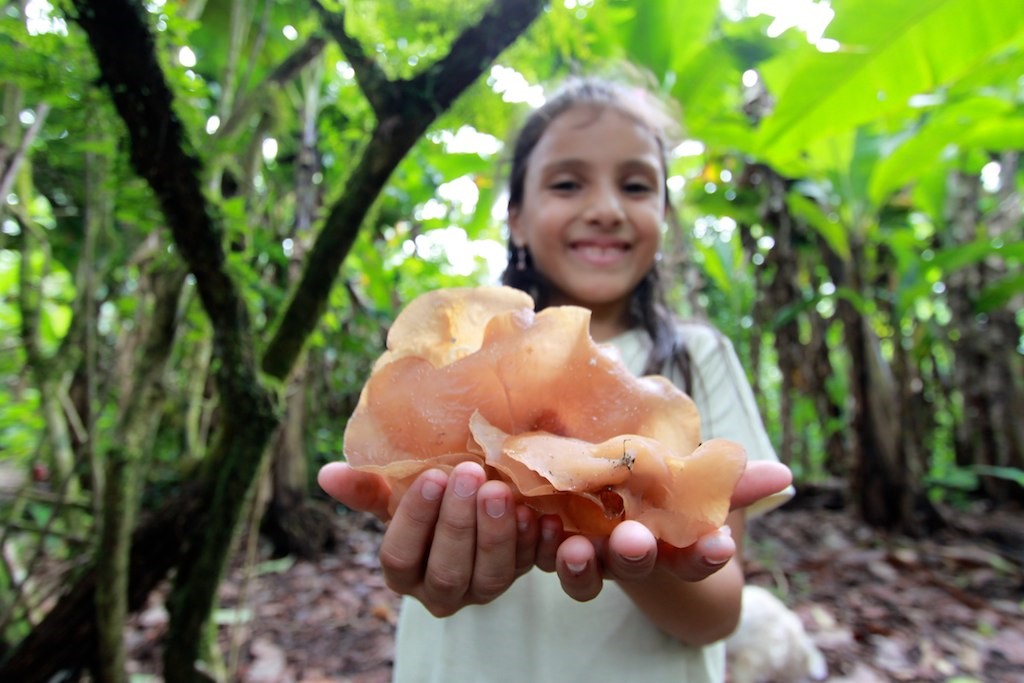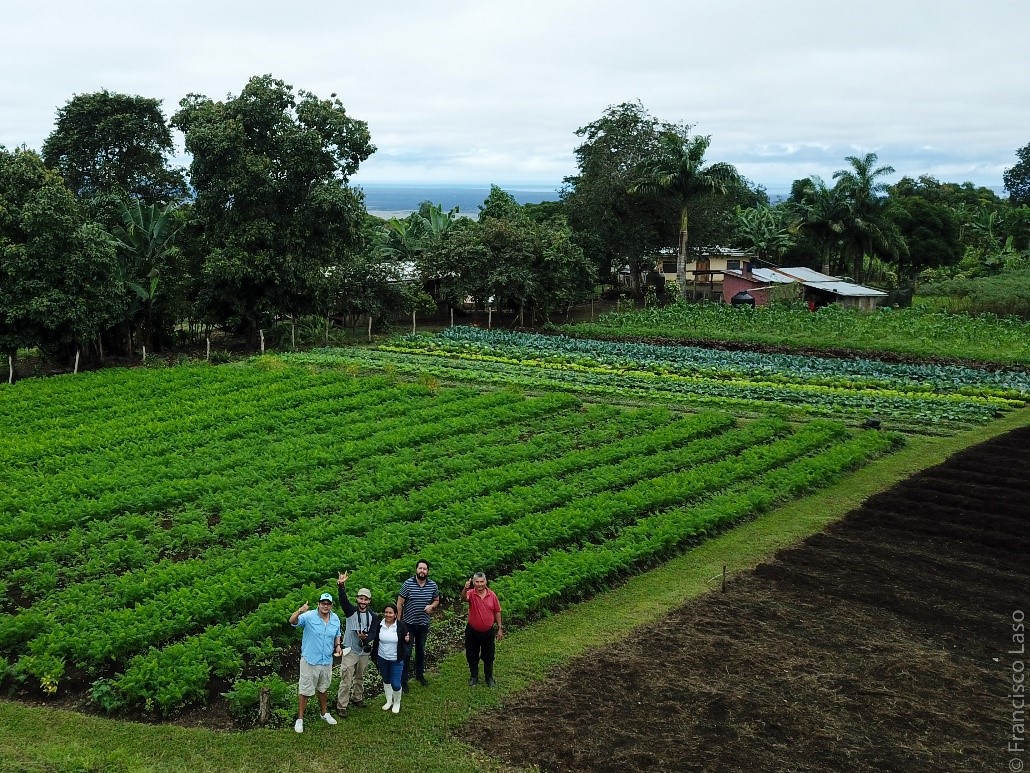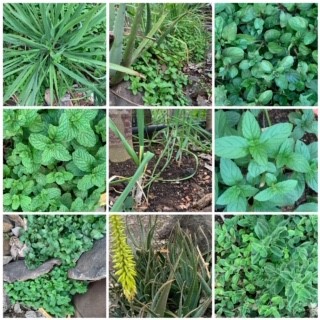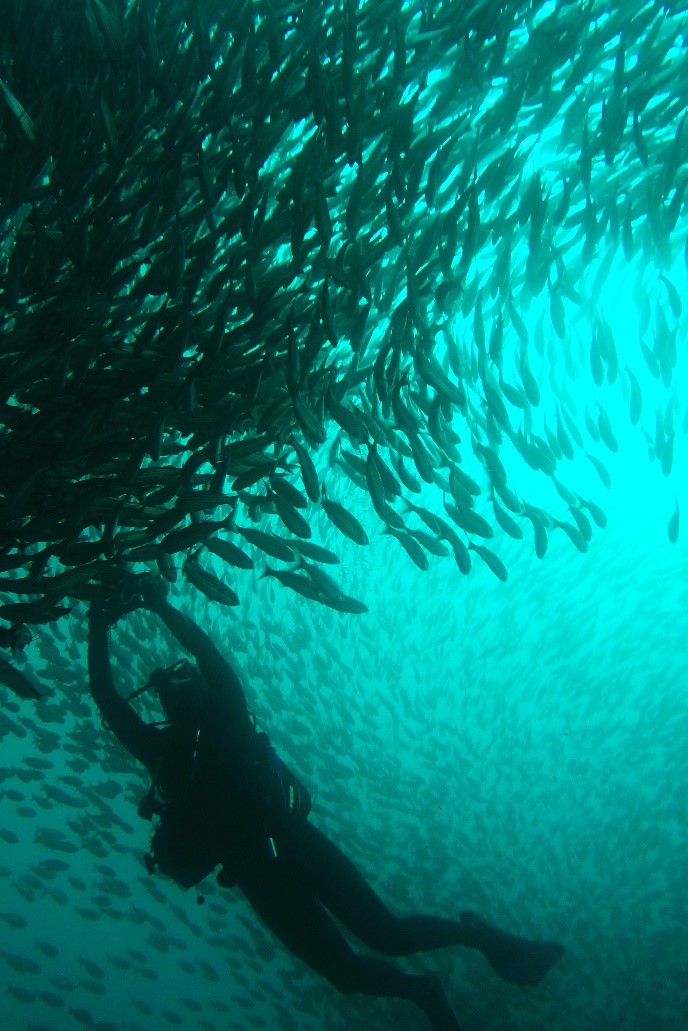
After receiving 28 diverse project proposals written by members of the community of San Cristobal Island in the Galapagos Archipelago of Ecuador, the Galapagos Science Center (GSC) is proud to have selected seven of the most deserving projects to be funded through a newly created community engagement program known locally in Galapagos as REACCT. The goal of REACCT (Re-Activating the Economy through Science, Community and Work) is to support individuals local to San Cristobal who have developed innovative proposals demonstrating applied programs that will impact the community in highly positive and sustainable ways.
UNC Center for Galapagos Studies contributed GiveUNC funds to partner with Universidad San Francisco de Quito (USFQ) as well as the GSC to create REACCT to both help the local community thrive and advance studies carried out by UNC and USFQ scientists. The selected projects help promote research in areas of citizen science, food security, conservation of native and endemic plant species, and improved marine practices, while providing funds to deserving individuals and families hit most hard from the economic impact of COVID. The projects empower residents on San Cristobal Island to help solve conservation challenges affecting the Galapagos Islands, and at the same time generate benefits for local people.
Many of the proposals submitted centered around the theme of food security, and Camilo Guerrero’s idea of turning surplus production of fruits and vegetables from rural farms into marmalade is one of the seven proposals that will receive funding. “My project highlights a desire to move from a model of importing products for human consumption with a high carbon footprint to a model of sustainable production and management,” says Camilo. The goal is to create a business model aimed to help local producers sell their surplus fruits, improve their incomes, and increase the profitability of this activity over the long-term – all while reducing waste and reliance on imported food. Camilo hopes this project will “improve the economy of agricultural producers and create a healthy food source for local consumers and tourists.”


Grant recipient Nicolás Balón expressed his gratitude at being selected to lead a project he is calling “Reforesting my Island.” “Access to these funds represents an opportunity to reactivate, somewhat alleviating the difficult economic situation and allowing us to once again be part of the engine of sustainable development,” stated Nicolás. His project aims to reforest approximately five acres of land that has, over time, been degraded with introduced and invasive species such as blackberry and guava. The land will be reforested with endemic species – returning this area to what it looked like in the last century. The new endemic trees and shrubs will provide the shade Nicolás needs to then plant coffee in an environment suitable to thrive, creating an agroforestry service system using endemic species.
Jacob Guachisaca’s proposal was selected and will focus on conservation of Galapagos biodiversity, with a particular emphasis on educating children. “This project will not only benefit children, with two biologists as leaders creating a technical teaching of the flora and fauna of Galapagos, but will generate income for several members of the tourism sector that have been impacted by the COVID-19 crisis,” says Jacob. The project will allow children to access a dynamic education related to the environment including access to the most relevant scientific studies carried out in Galapagos and raising awareness about disposable plastic garbage and its impact on marine and terrestrial ecosystems.
 The remaining four projects selected are equally as innovative and are spread over the topic areas of citizen science, food security, conservation of native and endemic plant species, and improved marine practices. These range from using photography to more closely examine locals’ experience with physical activity and food in the context of COVID-19, urban gardens and their profitability to enable successful replication across the Galapagos, encouraging native an endemic plants in family gardens, and monitoring plastics and microplastics found on beaches around San Cristobal.
The remaining four projects selected are equally as innovative and are spread over the topic areas of citizen science, food security, conservation of native and endemic plant species, and improved marine practices. These range from using photography to more closely examine locals’ experience with physical activity and food in the context of COVID-19, urban gardens and their profitability to enable successful replication across the Galapagos, encouraging native an endemic plants in family gardens, and monitoring plastics and microplastics found on beaches around San Cristobal.
REACCT brings to the forefront that successful research does not take place in a bubble and instead requires a community to thrive. While COVID-19 has impacted us all, we continue to recognize that we are stronger together and community matters. These seven proposals are not only deserving of funding due to their projected impact on sustainability broadly, but also because we stand by the Galapagos community to help them ‘reactivate’ during these difficult times.
